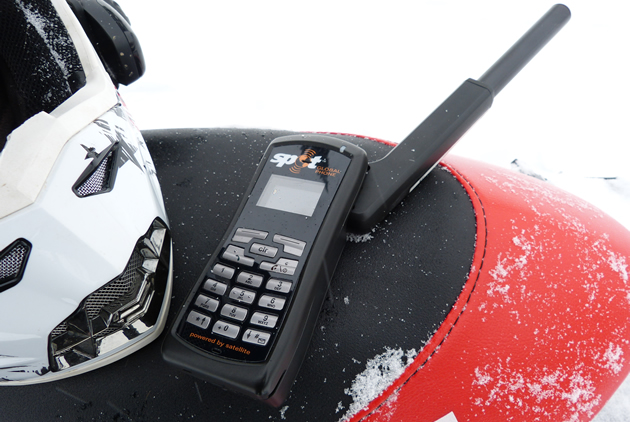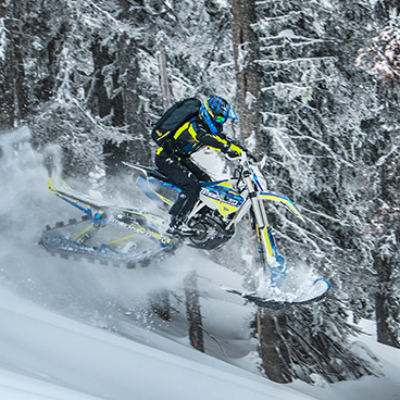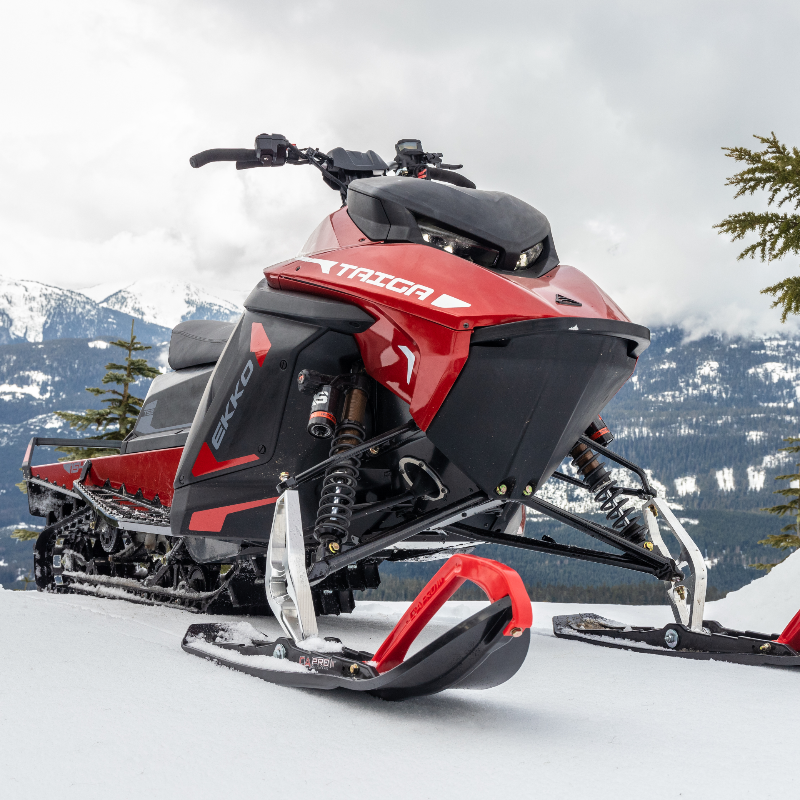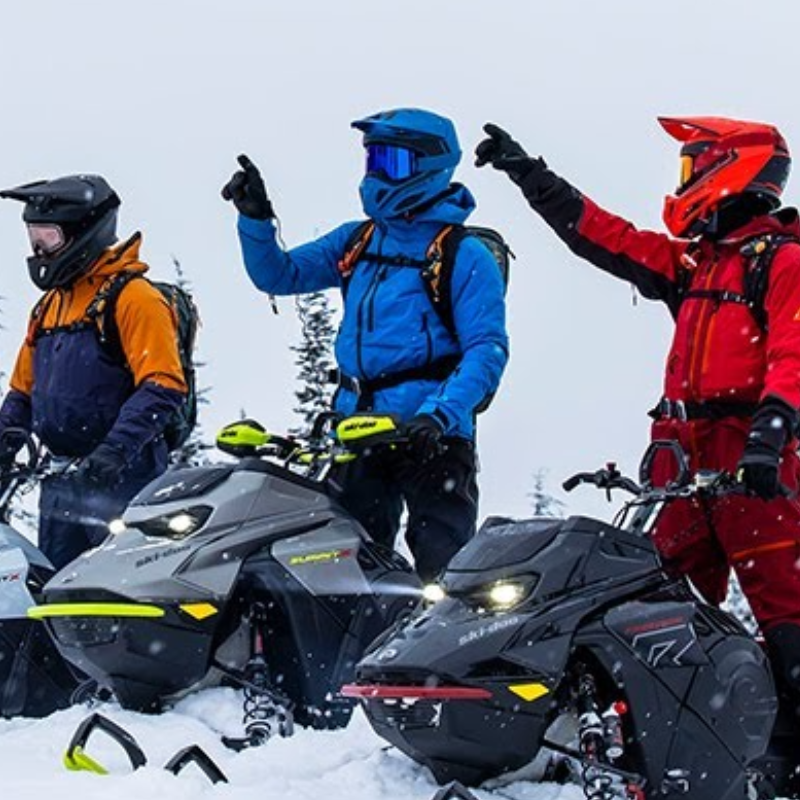When venturing off the grid—be it snowmobiling, ATVing, hiking or camping—I am never without the SPOT Global Phone. Lightweight, easy to use and powered by the Globalstar satellite network, the SPOT Global Phone provides more than just peace of mind for my friends and family back home. If something were to go awry, my riding partner and I could call for help.
I am happy to report, however, that we have never had to use it for any emergency situation. That being said, it did come in handy for some broken-down travellers who stumbled into our camp one summer day, looking for help and absolutely perplexed that they couldn’t get cell service 90 kilometres into the B.C. backcountry. After a 25-minute conversation (good thing I have unlimited airtime), they were able to contact their families for an update and assistance.
Having owned the SPOT Global Phone for a few years now, I’ve been able to test it in a variety of remote, southern B.C. locales and I’ve always been able to get service. I am impressed with the clarity of calls and that there is none of the delay I would expect from a satellite phone. Equipped with a lithium-ion battery, the phone offers a talk time of four hours and standby of 36 hours, which will no doubt be reduced in the cold weather. When we’re snowmobiling, I prefer to keep the phone turned off in my backpack to ensure there’s juice when I need it. Every time I turn it on, the battery power is at full strength.
The SPOT Global Phone has additional features, including voicemail and the ability to check and respond to emails on your computer while you’re off grid. You’ll need to purchase an optional data kit if you want the email feature. The phone can also send 35-character text messages.
The SPOT Global Phone, and all satellite phones for that matter, have limitations and it’s important to keep these in mind whenever you are travelling into the backcountry. For example, the batteries can die, the phone can be dropped or lost and reception is unreliable in densely treed areas. Remember too that even if you can contact help, including trained emergency personnel, there may be situations where it’s unsafe for them to attempt a rescue. With that in mind, one has to be prepared for the worst by carrying first-aid equipment, survival gear and extra food and water when venturing into the backcountry.
For more information on the SPOT Global Phone and other SPOT products, see the website.







